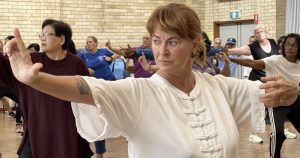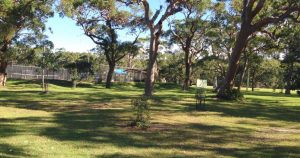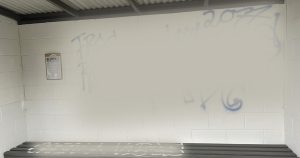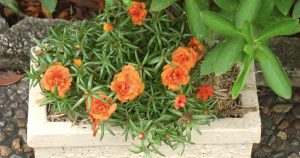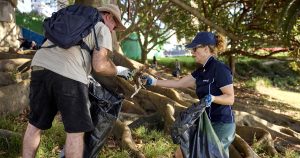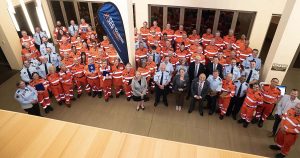Winter Home and Fireplace Safety
The arrival of the winter means an increased risk of preventable house fires. As the weather cools down, people plug in their heaters, pull out the electric blankets, and light up their fireplaces – all of which pose potential fire risks. There are some simple checklist items you should tick off each winter to make sure you’re keeping warm safely.
In our region of Sydney, fireplace maintenance is particularly important. If you have a fireplace in your home make sure its properly ventilated, the chimney or flue is clean, and always place a screen in front of it when in use. A common issue you may encounter when first using the fireplace after the warmer months is smoke filling up the roof cavity or the living area in the house. This may be due to a build-up of deposits within the chimney, restricting airflow and creating a potential fire risk. Depending on usage, it is preferable to inspect and clean your fireplace every 1 to 2 years.
Go through this checklist to be fire safe during the colder months:
• Have an adequate number of suitable smoke alarms installed throughout the house.
• Test smoke alarms and change the battery at least once every 12 months.
• A fire extinguisher and fire blanket kept in the kitchen near the exit.
• All items one metre away from heaters.
• Ensure power points aren’t overloaded.
• Household appliances switched off at power point when not in use.
• Electric blanket stored safely – roll don’t fold.
• Electric blankets checked for damage or frayed cords before placing on the bed.
• Lint filter cleaned before each use.
• Have a written home escape plan in case of fire (with two ways out of each room) and practice it regularly.
Hazard Reductions
Galston RFB, the NSW National Parks and Wildlife Service together with other local RFS brigades recently took part in a 760ha hazard reduction burn in the Layburys Creek area of Marramarra National Park, between Canoelands Rd, Canoelands and Singleton Rd, Singletons Mill.
While hazard reduction burning is planned to minimise the impact of smoke on public health, some members of the community may need to take action to mitigate the risks of smoke from hazard reduction burning by planning ahead.
Here are some tips to stay safe during hazard reduction burning:
• Keep doors and windows closed to prevent smoke from entering your home.
• Remove washing from clotheslines.
• Ensure pets have a protected area.
• If you’re driving through a smoky area, slow down, keep your windows up and turn your headlights on.
• Don’t call Triple Zero just to report that it’s smoky. Save Triple Zero for emergencies.
You can get updated information on where and when hazard reduction burns will be taking place by going to www. rfs.nsw.gov.au and selecting the ‘Fire Information’ tab.
Galston Firies in Focus:
Each month this year the Galston Rural Fire Brigade will feature a short interview with one of our members. It is a great way to discover just how diverse your local fire brigade can be.
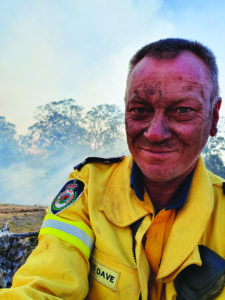
How long have you been a part of Galston Rural Fire Brigade?
» About 5 years
What is your role there?
» Currently DC (Deputy Captain)
When you’re not at the brigade, what do you do for a living?
» Supervisor – Commercial Air Conditioning
What made you join the RFS?
» I had wanted to for a while, but after moving into the area I saw the need in a Rural Area to provide fire protection and support to the community.
Have you learnt skills in the RFS that you’ve used elsewhere?
» Yes, most definitely.
What makes the RFS family unique?
» We are all here doing the same things, giving up our time to help others out and/or making sure we’re prepared to do the same. Still, we all have a laugh and joke around. No one is looked down upon for doing less than someone else. We are definitely a family and we support each other when needed. We also tell our family to go and spend time with their first family.
What is a fond memory you have of your time at the brigade?
» Getting my nickname… Being the youngest of three Dave’s at the Station, true Aussie humour comes out and I end up with being called Old Dave. This was cemented when my helmet stickers arrived, not with my surname, but “OLD DAVE”.
How is being in the RFS rewarding?
» Knowing that when situations get tough, we all support each other and give 110% effort whilst keeping an eye out for each other. We don’t always win (at first), but nor do we give up.
BRIGADE CONTACT DETAILS: Duty mobile: 0491 119 152 Email: [email protected]

